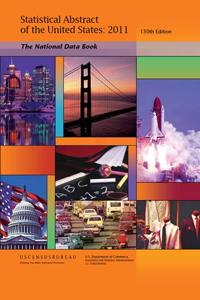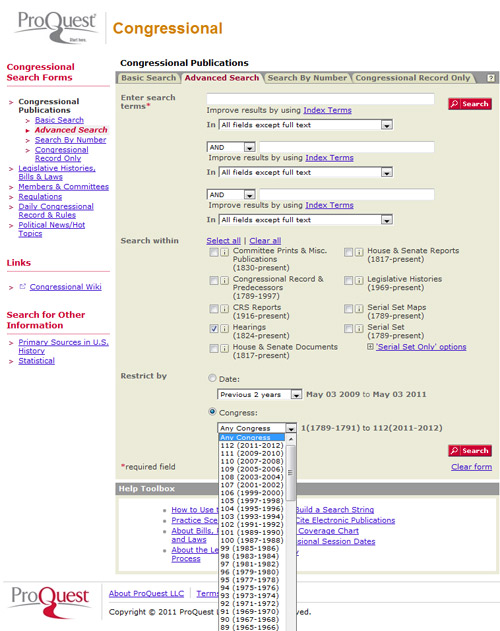

by Stephen Woods, associate librarian
“It’s a dangerous business, Frodo, going out your front door. You step into the Road, and if you don’t keep your feet, there is no knowing where you might be swept off to.”
– Bilbo Baggins, from JRR Tolkien’s Fellowship of the Ring
Ideas taken out of context can be “dangerous business”! I remember once listening to a presentation given by a “scholar” that cited “a law” that they had found on the Internet. Upon closer observation what they had actually found was “a bill” that had never become a law. In sum, this was an idea that was never realized.
Here are five resources to help you understand the differences between bills and laws, and more about what the U.S. government has to say!
Sorting through thousands of bills
 In most U.S. high school civics classes, students learn that not all bills actually become laws. As a matter of fact one of the premier U.S. government statistical resources, Statistical Abstract of the United States, indicates that for the 110th Congress (2007-2008), 11,228 bills were introduced and only 460 of those actually became a law. That’s only 4 percent! Note: earlier editions available in full-text back to 1878.
In most U.S. high school civics classes, students learn that not all bills actually become laws. As a matter of fact one of the premier U.S. government statistical resources, Statistical Abstract of the United States, indicates that for the 110th Congress (2007-2008), 11,228 bills were introduced and only 460 of those actually became a law. That’s only 4 percent! Note: earlier editions available in full-text back to 1878.
If you’re curious, the Historical Statistics of the United States shows that the 56th Congress (1899-1901) was the busiest in U.S. history, introducing 43,921 bills of which 884 became law.
When a bill becomes a law

That’s nice, you might say, but how can I find out whether or not a bill actually became a law? For laws passed in the United States you might want to look at our research guide for Federal Statutory Law. For laws passed by the Pennsylvania Legislature you might want to look at our research guide for Pennsylvania Statutory Law.
Search full-text digital hearings of the U.S. government
You may still not be convinced that U.S. government information is relevant, because you really don’t care about laws you just need information for an opinion paper that you are writing for your English 202 class.
Congressional Hearings contain a vast amount of information that compares opinions on a variety of topics. You can search full-text digital hearings of the U.S. government back to 1824 by exploring LexisNexis Congressional (select the “Advanced Search” tab and choose any Congress).
Searching for background information
You may or may not have noticed two other publication types that you can search (CRS Report and Committee Print) when you were exploring Congressional Hearings. What are these, and more importantly, how can they help me with my research paper that is due tomorrow?
Think of these publications this way. Congress is made up of individuals who have political aspirations, but certainly don’t know all there is to know about the topics they are considering as laws. For example, it might be a farmer from Idaho who is being asked to vote on legislation about nuclear waste. These reports provide background information for Congress on many of the important issues being considered by Congress.
They are as good as gold and available in full text back to 1916 (CRS Reports) and 1830 (Committee Prints)!

If you have read this far and have explored these five government information resources that I’ve mentioned in this brief blog posting, then you are well on your way towards discovering resources that past scholars never even knew existed.
It is my pleasure to help you walk with confidence as you use and discover government information resources for your research. You can find my contact information on the Social Science Library website. I truly look forward to hearing from you.



